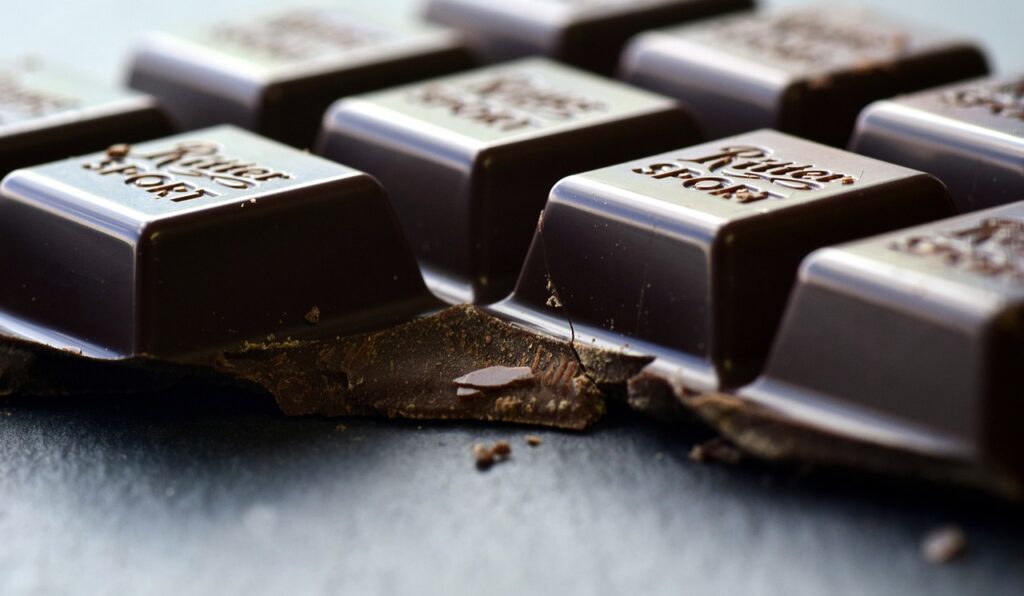When we think of essential nutrients for our health, copper may not be the first mineral that comes to mind. However, this often-overlooked element plays a crucial role in various bodily functions that impact our well-being. From supporting the immune system to aiding in energy production, copper is an unsung hero in the world of nutrition.
Fun Fact: Copper has been used by humans for over 10,000 years, making it one of the oldest metals known to humanity.
What Is the Significance of Copper in Our Bodies?
Before we delve into the fascinating world of copper and its impact on health, let’s understand why this mineral matters. Copper is an essential trace element, which means our bodies require it in small quantities for optimal functioning.
Fun Fact: The Statue of Liberty, one of the most iconic symbols of freedom, is made of copper. Over time, it has developed its famous green patina due to copper oxidation.
How Does Copper Support the Immune System?
One of copper’s vital roles in the body is its contribution to a robust immune system. Let’s explore how this mineral enhances our defense mechanisms against infections and illnesses.
Fun Fact: Copper’s antimicrobial properties have been recognized for centuries. Ancient Egyptians used copper to sterilize wounds and drinking water.
The Copper Connection to Immune Function
Copper is involved in the production and maturation of white blood cells, which are critical components of our immune system. These cells play a central role in identifying and combating pathogens, helping us stay healthy.
Fun Fact: Copper’s antimicrobial properties make it useful in hospitals, where copper surfaces are used to reduce the risk of healthcare-associated infections.
Copper and Inflammation Control
Copper also plays a role in controlling inflammation, a natural response to infection or injury. When inflammation becomes chronic, it can lead to various health issues. Copper helps regulate inflammatory responses, ensuring they remain balanced and effective.
Fun Fact: The human body contains approximately 1.4 to 2.1 milligrams of copper per pound of body weight, highlighting its importance in our biology.
Energy Production: How Copper Fuels Your Body
Energy is the life force that keeps us going. Copper is an essential component of enzymes involved in energy production, ensuring our bodies have the vitality they need to function optimally.
Fun Fact: Copper is an excellent conductor of electricity, which is why it’s used in electrical wiring and circuits.
The Role of Copper in ATP Synthesis
Copper plays a pivotal role in the synthesis of adenosine triphosphate (ATP), the primary energy currency of cells. Enzymes containing copper atoms facilitate the transfer of electrons within the electron transport chain, a crucial step in ATP production.
Fun Fact: ATP is often called the “molecular unit of currency” for energy transfer within cells. It powers cellular processes and activities.
Copper in Iron Metabolism
Copper is intricately connected to iron metabolism. It aids in the absorption of iron from the intestines and its release from storage sites in the body. Proper iron levels are essential for carrying oxygen in the blood and supporting energy production.
Fun Fact: Iron deficiency is one of the most common nutrient deficiencies worldwide and can lead to fatigue and anemia.

Copper and Connective Tissues: What’s the Link?
Copper is a key player in the formation and maintenance of connective tissues, which include tendons, ligaments, and cartilage. These tissues are vital for the structure and function of our bodies.
Fun Fact: The human body contains about 50 to 120 milligrams of copper, primarily stored in the liver.
The Role of Copper in Collagen Production
Collagen is a structural protein that provides strength and elasticity to our skin, tendons, and bones. Copper is required for the enzymatic reactions that create cross-links in collagen, giving it its characteristic strength.
Fun Fact: Copper peptides, compounds containing copper, are used in skincare products to promote collagen production and skin health.
Copper and Elastin Formation
Elastin is another important protein that allows tissues in the body to stretch and return to their original shape. Copper aids in the formation of elastin, ensuring our skin and blood vessels remain flexible and functional.
Fun Fact: Copper’s malleability and ductility make it a valuable material in the manufacturing of coins, pipes, and musical instruments.
How Can You Ensure Adequate Copper Intake?
Now that we’ve unraveled the vital roles copper plays in our health, it’s essential to consider how to incorporate this essential mineral into your diet. Let’s explore foods rich in copper that can help you maintain optimal health.
Fun Fact: The Statue of Liberty was a gift from France to the United States and is a symbol of freedom and democracy.
Copper-Rich Food Sources
- Organ Meats: Liver, particularly beef liver, is one of the richest sources of copper. A small serving can provide your daily copper needs.
- Shellfish: Seafood lovers rejoice! Oysters, crab, and lobster are excellent sources of copper.
- Nuts and Seeds: Almonds, cashews, and sunflower seeds are packed with copper and make for healthy snacks.
- Legumes: Beans and lentils are not only high in protein and fiber but also contain significant amounts of copper.
- Whole Grains: Whole wheat products like bread and pasta can contribute to your copper intake.
- Dark Chocolate: A delicious treat with a hint of copper content. Opt for dark chocolate with higher cocoa content for more benefits.
- Leafy Greens: Spinach and kale are not only rich in folate but also provide a modest amount of copper.
Fun Fact: Copper is used in the production of brass and bronze, two important alloys known for their strength and durability.

Embracing Copper for a Healthier Tomorrow
Copper, often overshadowed by other nutrients, plays a vital and multifaceted role in maintaining our health. From supporting the immune system to ensuring energy production and maintaining connective tissues, this mineral deserves its place in the spotlight.
Fun Fact: Copper is an essential nutrient for plants as well. It’s necessary for photosynthesis and proper growth in various crops.
By embracing a diet rich in copper-containing foods, you can nurture your body’s copper needs and enjoy the health benefits that come with it. As you savor that piece of dark chocolate, indulge in a seafood feast, or snack on almonds, remember that you’re nourishing not only your taste buds but also your overall well-being with this remarkable mineral.

